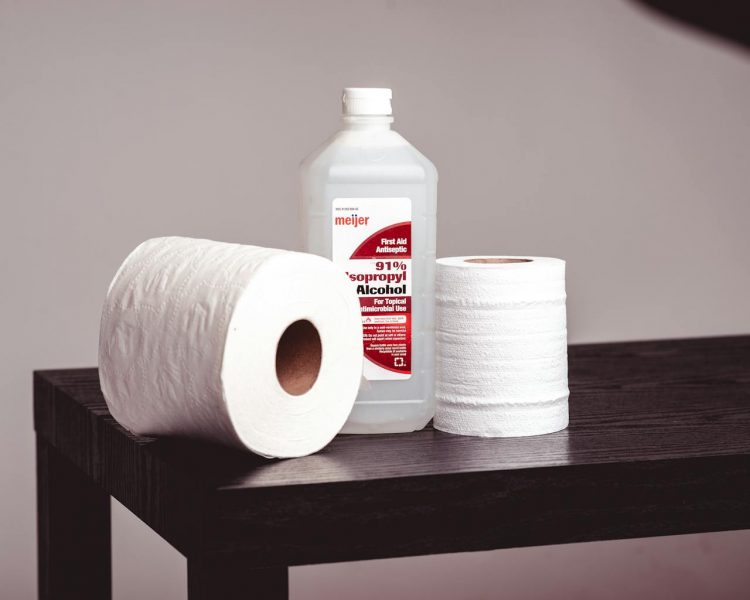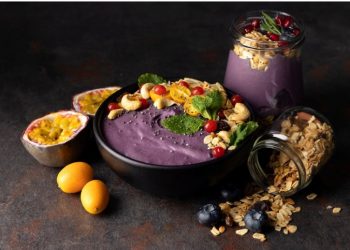Isopropyl alcohol, known for its disinfecting properties, is a common ingredient in various skin care and hygiene products. Its popularity stems from its effectiveness in cleaning and sterilization, making it a staple in both medical settings and everyday personal care routines. This section will explore the overarching role of isopropyl alcohol in skin care products, highlighting its widespread use and the reasons behind its inclusion in formulations designed for skin application.
Understanding Skin Absorption of Isopropyl Alcohol
When applied to the skin, isopropyl alcohol acts quickly to denature proteins, making it an effective disinfectant. However, its interaction with the skin goes beyond surface-level sterilization. Isopropyl alcohol can penetrate the skin barrier to varying degrees, influenced by factors such as the concentration of the alcohol, the duration of exposure, and the condition of the skin. While its absorption can contribute to its antiseptic properties, it also raises considerations regarding potential effects on skin health, including dehydration and irritation.
Positive Effects of Isopropyl Alcohol on Skin Health
Antiseptic Properties and Uses in Wound Care
One of the most valued attributes of isopropyl alcohol is its antiseptic quality. It is widely used for cleaning minor cuts, scrapes, and wounds to prevent infection by eliminating surface bacteria. This rapid action against pathogens makes isopropyl alcohol a go-to choice for initial wound care, both in medical facilities and home first aid kits.
Role in Acne Treatment and Oil Control
Isopropyl alcohol’s effectiveness extends to acne treatment and oil control, where it is employed to clear pores and reduce the presence of acne-causing bacteria on the skin. By removing excess oil and debris, isopropyl alcohol can help maintain clear skin. However, it’s important to use it judiciously, as excessive or undiluted application can lead to skin dryness and irritation, potentially exacerbating acne concerns.
Potential Adverse Effects on Skin Health
While isopropyl alcohol is beneficial for its antiseptic properties and oil control, it’s essential to be aware of its potential adverse effects on skin health. These include:
Skin Dryness and Irritation
Isopropyl alcohol can strip the skin of its natural oils, leading to dryness and irritation. Repeated use, especially on sensitive skin areas, can exacerbate these conditions, causing discomfort and potentially compromising the skin’s protective barrier.
Disruption of Skin Barrier and Long-term Damage
The skin’s barrier function is vital for protecting against pathogens and preventing moisture loss. Frequent application of isopropyl alcohol can disrupt this barrier, leading to increased susceptibility to infections, irritants, and long-term skin damage. This disruption can also exacerbate existing skin conditions, such as eczema or psoriasis.
Allergic Reactions and Sensitivity
Some individuals may experience allergic reactions or heightened sensitivity to isopropyl alcohol. Symptoms can include redness, swelling, and itching. Those with pre-existing skin conditions or sensitivities should exercise caution and consult with a dermatologist before incorporating products containing isopropyl alcohol into their skin care routine.
Safe Usage Guidelines for Isopropyl Alcohol on Skin
To harness the benefits of isopropyl alcohol while minimizing the risk of adverse effects, follow these safe usage guidelines:
Recommended Concentrations for Skin Application
For antiseptic and cleaning purposes, a concentration of 70% isopropyl alcohol is often recommended. This concentration is effective in killing bacteria and viruses while being less harsh on the skin than higher concentrations.
Best Practices for Application to Minimize Risk
· Use sparingly: Apply isopropyl alcohol only to areas that require disinfection or oil control.
· Moisturize: Follow up with a moisturizer to help counteract dryness and protect the skin barrier.
· Dilution: If necessary, dilute isopropyl alcohol with water to lessen its strength for sensitive skin areas, but be mindful of reducing its effectiveness as a disinfectant.
When to Avoid Using Isopropyl Alcohol on Skin
· On large skin areas: Avoid using isopropyl alcohol as a general body wash.
· On severe wounds or burns: Consult a healthcare provider for appropriate treatment.
· If allergic reactions occur: Discontinue use immediately if signs of allergy or extreme irritation appear.
Alternatives for Those with Sensitive Skin
For individuals with sensitive skin, repeated use of isopropyl alcohol may not be the best choice. Fortunately, there are several alternatives that can provide disinfection, acne control, and skincare benefits without the harsh effects.
Natural and Less Irritating Disinfectants and Cleaners
· Witch hazel: Known for its soothing properties, witch hazel can serve as a gentle astringent for cleaning skin and wounds.
· Tea tree oil: With natural antibacterial and antiseptic properties, tea tree oil is effective in treating acne and other skin infections. Always dilute with a carrier oil to prevent irritation.
· Hydrogen peroxide: A mild antiseptic that can be used on the skin to prevent infection of minor cuts, scrapes, and burns.
Alcohol-free Products for Acne and Skin Care
· Salicylic acid: A beta-hydroxy acid that deeply cleans pores and reduces acne without over-drying the skin.
· Benzoyl peroxide: An effective acne treatment that kills bacteria underneath the skin, available in various concentrations to suit different skin types.
· Moisturizing and Barrier-Repairing Ingredients
· Hyaluronic acid: A powerful humectant that attracts moisture to the skin, keeping it hydrated and plump.
· Ceramides: Essential lipids that help restore and reinforce the skin’s barrier, protecting against environmental aggressors and preventing moisture loss.
Conclusion
Isopropyl alcohol plays a significant role in both medical and personal care practices due to its effective antiseptic properties. However, its use, particularly on the skin, requires a careful balance to harness its benefits without risking adverse effects such as dryness, irritation, or damage to the skin barrier. This balance is even more crucial for those with sensitive skin or underlying skin conditions.
The Importance of Understanding Skin Type and Sensitivities
Recognizing your skin type and any sensitivities is paramount in choosing the right skincare products and ingredients. For individuals with sensitive skin, alternatives to isopropyl alcohol offer the benefits of disinfection and skincare without the harsh side effects.
Encouraging Informed Choices in Skin Care Practices
Informed choices in skincare are empowered by understanding the ingredients in your products and their effects on your skin. Whether choosing to use isopropyl alcohol for its antiseptic qualities or opting for gentler alternatives, knowledge and moderation are key. Always consider consulting a dermatologist to tailor skincare practices to your specific needs, ensuring healthy and resilient skin.









